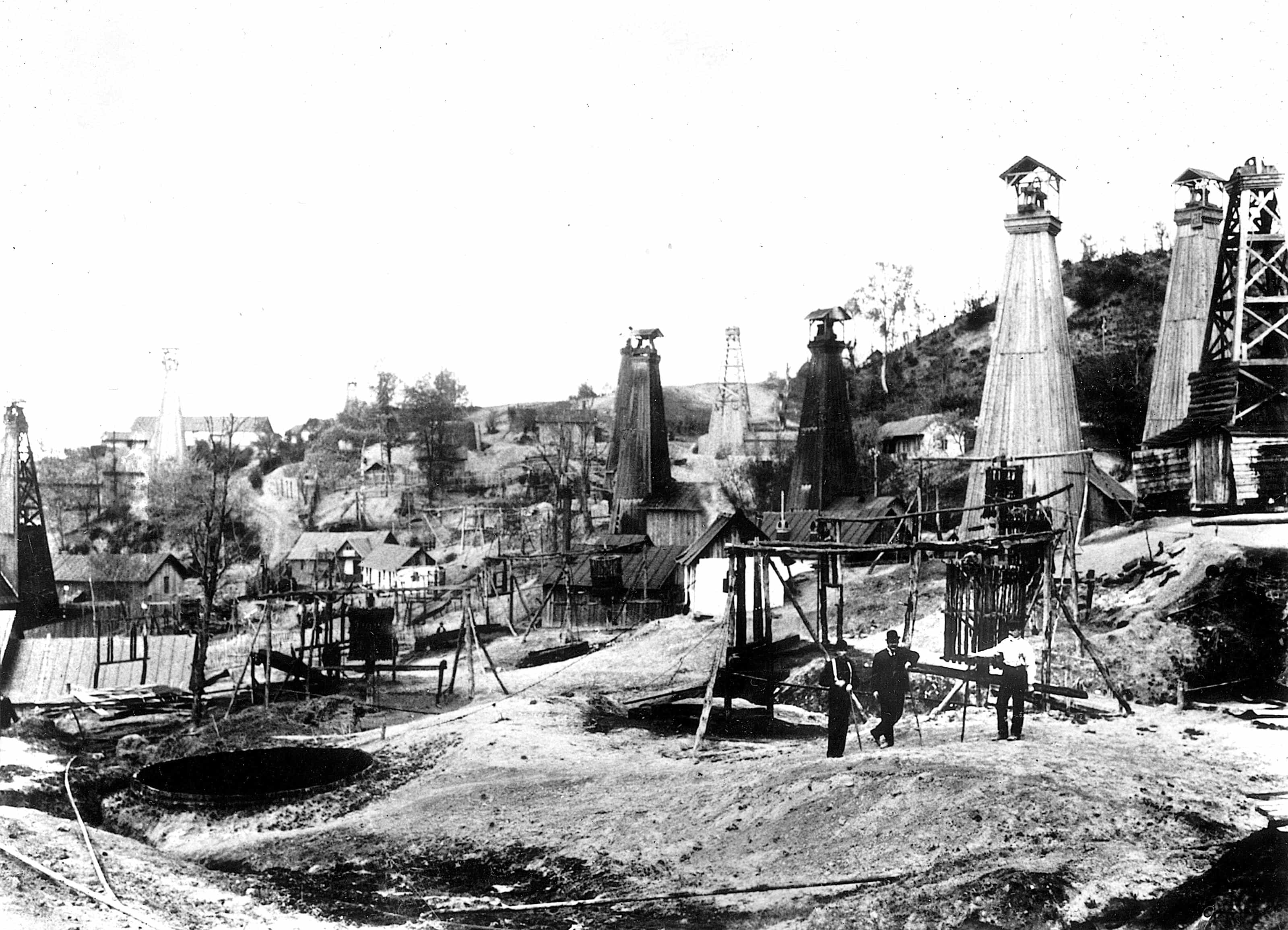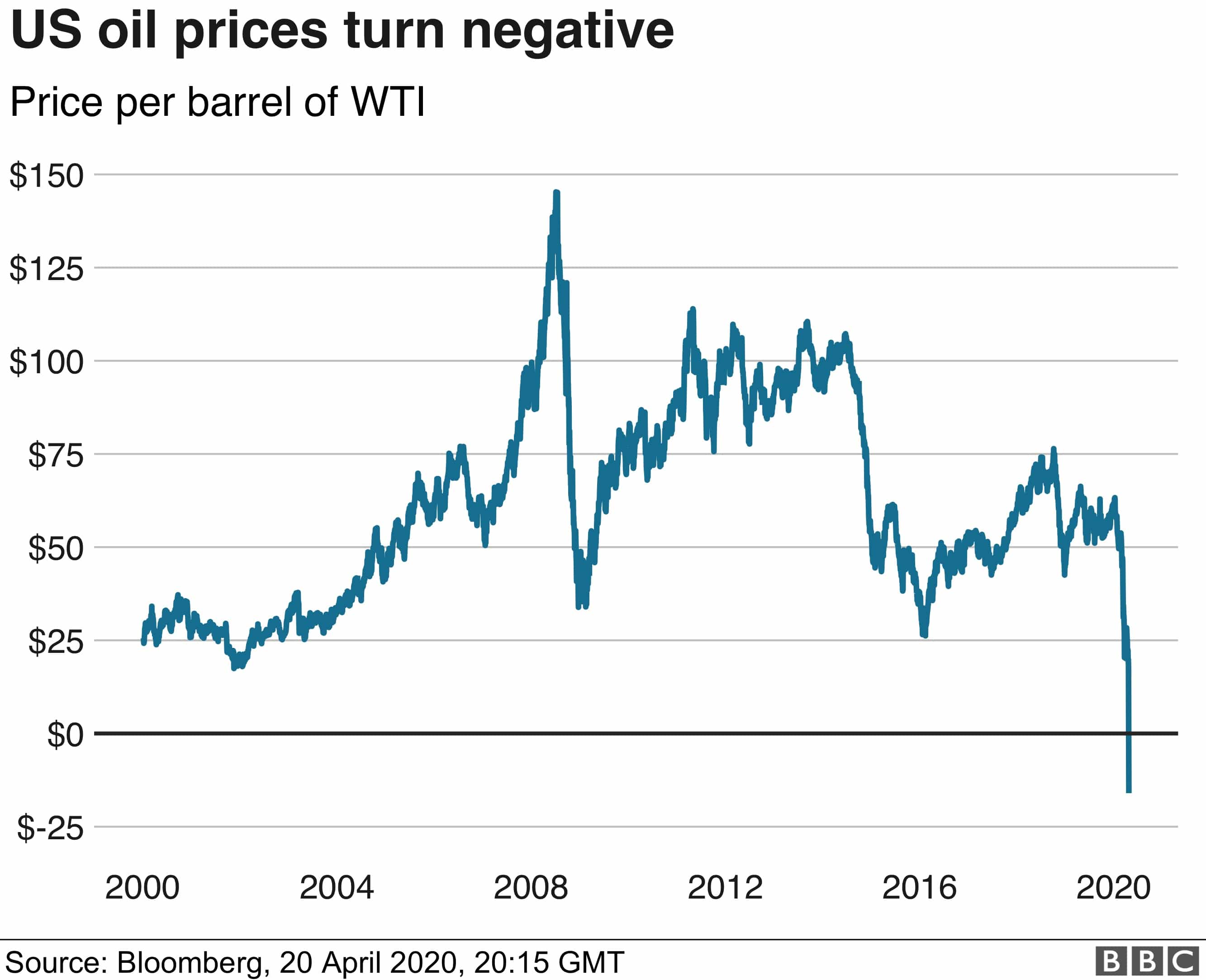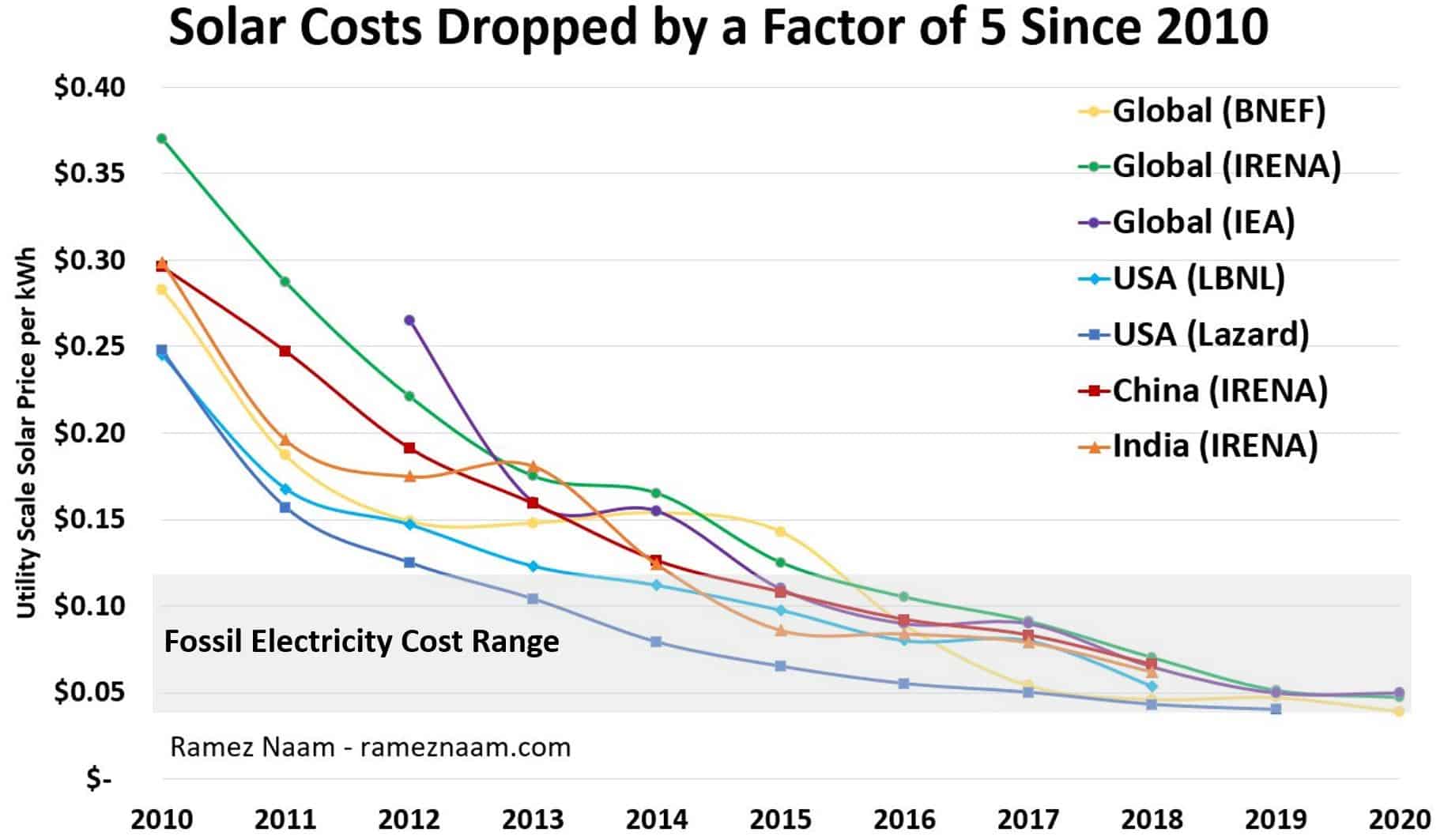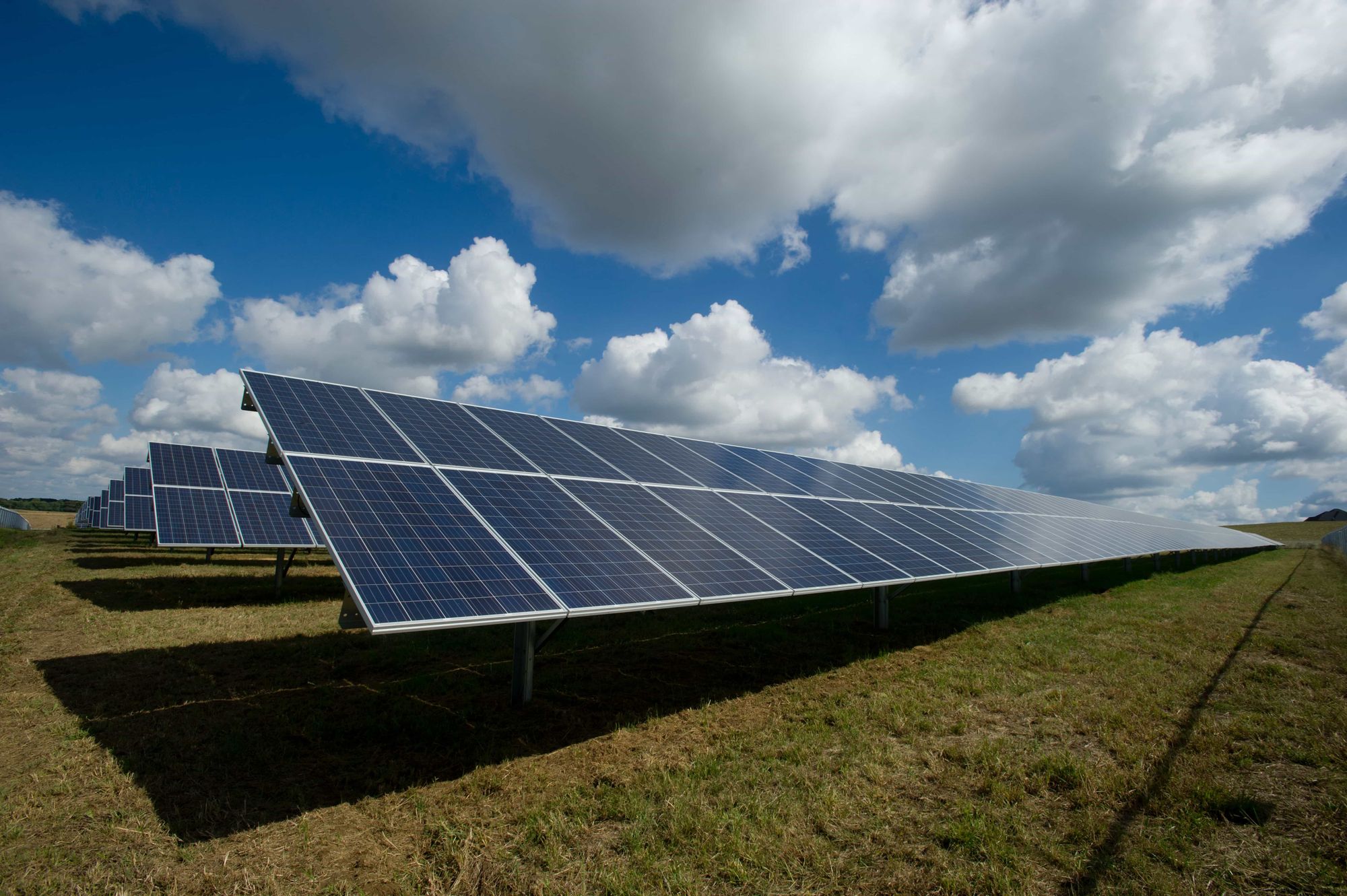
Premium Supporters – click here to listen to the audio of this text.
We must reduce carbon dioxide emissions in order to reduce global warming. The culprit is the use of fossil fuels: oil, coal and natural gas. Now there are alternatives in sun and wind, often paired with storage such as hydrogen and batteries. In some places, hydropower and geothermal energy may be present. We must continue the energy transition that has already been started, because only in this way can we stop climate change.
The fossil fuels have built up the societies we have today and made our standard of living possible, in many ways that development has enriched us and created today’s prosperity. But this fossil era must end and the alternative solutions that exist must be built up quickly.
Does the energy transition make the world more peaceful?
In addition to global warming, there are other negative aspects about oil. It is no exaggeration to say that oil has an evil face. Looking back, we see that the fossil fuel story has been a story of war and devastation.
Many of history’s conflicts are based on the control of fossil assets. Even today, there are ongoing conflicts in Ukraine, Turkey and Greece, Sudan and South Sudan and more. All with a strong fossil fuel connection.
Quite a few are the countries that rely entirely on revenues from fossil fuels. Year after year, these countries have relied on their fossil resources and will have to fight hard to break free from their dependence.
A transition to renewables will overthrow the fossil era. Access to the “new” energy resource is relatively evenly distributed in the world. Of course, some countries have assets that others don’t: Norway with its water resources, Iceland with its thermal energy.
But if you compare warm desert areas with other areas, the difference is not as big as you might think. For example, Luleå in north Sweden has more hours of sunshine than Melbourne, Australia. No country, therefore, has a greater advantage than any other country. Wind and sun are abundant everywhere.
What geopolitical effects will we see from the energy transition that is now being implemented? What happens when energy becomes a relatively cheap asset? Will the power of the oil countries decrease?
Many countries will become energy independent. Will the hotbeds of conflict then subside? Does the energy transition make the world more peaceful? This is what we want to find out in this article and we start by looking back into fossil history.
The History of Oil
We know that oil existed 1500 years ago in both China and the Middle East. The use of what leaked out of the ground was initially lighting and heat. But there was also a belief in the medicinal effects of the dark viscous liquid.
It was in the USA in the middle of the 19th century that people started drilling for oil and developing various uses. There was an oil rush. Everybody wanted the new black gold. The first oil crisis came when the light bulb was invented and the kerosene trade decreased, but the need quickly increased again.
In the late 1800s and early 1900s, the internal combustion engine broke through. Ford’s success clearly showed the world that gasoline was the fuel to be used. The internal combustion engine was what kicked off innovations for batteries and steam engines. Pretty soon, all modes of transport switched to oil use.
At the beginning of the 20th century, an inventory of oil deposits became an important issue. The colonial countries of France and England took control of the large deposits in the Middle East. Many conflicts arose, but after the First World War the area was divided by the ruler-like borders that several of the Middle Eastern countries have to this day. As more deposits were discovered, the world’s interest in the area increased.

The Battle of the Middle East
From a purely strategic point of view, the Middle East is incredibly important. Alliances are formed between oil countries and great powers, and conflicts are constantly emerging. After World War II, the United States and the Soviet Union became the powers that showed a specific interest in the region.
As development picked up in Asia, new large customers signed up for the wells of the Persian Gulf. Pipelines were built from Iran, via Pakistan, to India.
There are more or less intense conflicts around the world. It is easy to believe that the conflicts we see today in Iraq, Syria, Nigeria, South Sudan, Ukraine and the East and South China Sea have their own explanations. But by looking at these a little more closely, there are explanations behind clans, religions and nationalism on the form of another common denominator: the pursuit of gas and oil.
Long-standing historical contradictions are often highlighted among neighboring tribes, sects and peoples. In Iraq and Syria, there is a collision between Sunnis, Shiites, Kurds, Turkmens and others; in Nigeria, among Muslims, Christians and various tribes; in South Sudan, between Dinka and Nuer; in Ukraine, between Ukrainian loyalists and Russian speakers in line with Moscow; in eastern and southern China, among Chinese, Japanese, Vietnamese, Filipinos and others.
Control over oil deposits
The superficial conflicts are there, but behind them is the much stronger desire to control the oil deposits. The enemy is vividly portrayed, but many of these conflicts are really a struggle for control over the main source of national income. During the 2000s, it is clear that the conflicts were in fact, largely, an energy war.
If we look at our dependence on energy, this is not so strange. Oil is a very important source of income for governments and companies. In fact, the governments of Venezuela, Iraq, Nigeria, Russia, South Sudan and Syria derive most of their revenues from oil, while the large energy companies (many state-owned) exercise enormous power in these and other affected countries.
Whoever controls these states, or the oil and gas producing areas within them, also controls the collection and distribution of important revenues. What we often call historical enemies is about a struggle and control over the main source of national income.
In addition, we live in an energy-centered world where control over oil and gas resources (and their means of supply) translates into geopolitical impact on some and economic vulnerability for others. Because so many countries are dependent on energy imports, those countries that have a surplus and can export disproportionately, exert influence on the world stage.
What is happening in these oil countries also affects us humans in countries that are major importers. The whole world is involved in what can be expressed in various kinds of support, it can be the sale of weapons, military advisors, or financial assistance – in some cases direct interventions are made.
The struggle for energy resources
The struggle for energy resources has been a striking factor in many recent conflicts, including the Iran-Iraq War 1980-1988, the Gulf War 1990-1991 and the Sudanese Civil War 1983-2005. At first glance, the fossil fuel factor in recent outbursts of tension and strife may seem less obvious. But take a closer look and you will see that each of these conflicts is basically an energy war.
In the recent war in Syria, control over oil has been central. When the organization ISIS appeared and started its wars, they immediately took control of several oil sources. By selling oil to neighboring countries, they gained income. With the oil money, more weapons could be bought. Great powers in the vicinity looked the other way and did not stop the income that the oil provided.
Control over important energy resources or distribution of oil revenues is an important factor in conflicts. Admittedly, ethnic and religious divisions can be the fuel for what then happens in the political and ideological stage. The dream of huge oil profits is what keeps the fight going. Without the promise of such resources, many of these conflicts would eventually die out. There would be no resources to buy weapons and pay troops. However, as long as oil continues to flow, warriors have both the means and the incentive to keep fighting.
In a world of fossil fuels, control of oil and gas reserves is an important part of national power. Oil is far more than a regular commodity. International politics revolves around oil, all the military units in the world are completely dependent on oil. If you have control over this resource, you are an important player in the world.

Looking ahead – a focus shift
What is happening today? The repercussions of climate change are becoming increasingly obvious. More countries are seeing consequences of warming, some weather phenomena are becoming more extreme and more common. The countries of the world signed a Paris agreement in which they promise to gradually stop emitting carbon dioxide into the atmosphere. The countries have set up various policy documents and roadmaps that describe how their energy transition will take place.
Years like 2040, 2050 are often the goals you aim for to become carbon neutral. The largest emitter, China, has said it aims for 2060. The good news at the beginning of 2021 is that the United States is now stepping back into the Paris Agreement.
2020 was a strange year where the pandemic, with powerful lockdowns, stopped several countries in their tracks. At the same time, many new initiatives have been created where countries, with new stimuli, want to make the economies spin again. The EU has set up a recovery fund equivalent to 1,8 trillion euro. Individual countries also make their investments where a lot of capital is made available.
A focus shift has begun. Unfortunately, we still see some fossil investments, but the positive signals are increasing. For example, some banks have said they do not want to support new projects such as drilling for oil in the Arctic. The mental transition is underway and the finance and capital industry is now diverting its investments and assets from fossil fuels to sustainable projects. The market is afraid to stand with “stranded assets” and therefore wants to find alternatives.
Large sums are sought for projects to finance
There are very large sums seeking projects to finance. Right now there is a shortage of projects for those who want to invest. This indicates that the growth in batteries, hydrogen, solar and wind will be massive.
The US has been the largest exporter of oil with its shale oil since 2017. Extracting shale oil costs more than using conventional methods, so when the oil price falls, the shale market will have great difficulties. Russia’s economy is based on oil and gas revenues and they too have had major problems with the low oil price in 2020.
It is obvious that Russia and the United States will have huge problems with the transition that will take place. The United States will lose big revenues and so will Russia. Russia’s neighbors have long wanted to make themselves independent of their big neighbor.
Today, all major oil companies have adopted new strategies. Based on the insight and the transition that the whole world has now begun, they are looking for new income. Shell, BP, Exxon and others are turning to renewables: wind and solar parks are being built at an increasingly intensified pace. Hydrogen investments are also starting to increase. The sums spent are increasing all the time.
The implication of this is that they themselves accelerate the closure of their oil and gas fields. The question that was previously asked, “what do we do when the oil runs out” will not be made – the oil fields will have to close prematurely.

Energy revolutions
For many years, the prices of wind and solar have been decreasing. We have recently seen examples of solar installations where the price landed at about $0.05 for a kWh. We are in a new situation now. Wind and solar have become one of the cheapest ways to electrify. The development of wind turbines and solar panels continues with ever lower prices and increased efficiency.
The new energy revolution will also give developing countries new opportunities. It is possible to list many of the Agenda 2030 goals that are met with electrification. Everyday life changes from time-consuming chores such as wood and water collection, searching for electricity for the mobile phone, laundry, etc. for entrepreneurship and other poverty-eliminating activities.
Some examples of benefits of electrification are: sanitation, water pumping, desalination, irrigation, fertilizers, better healthcare, cooking, food storage, washing, digital aids, homework in the evening, better air quality to name a few.

Fewer conflicts when countries become self-sufficient in energy
One of the disadvantages of wind and sun is the planability: the sun does not always shine and the wind does not blow constantly. Therefore, batteries and hydrogen have become an essential complement. Sometimes there is a surplus of electricity and in certain periods a deficit, this can be evened out with batteries and hydrogen. Batteries for cutting tops and a few hours of need, hydrogen, on the other hand, can be stored for longer periods of time and also become fuel for vehicles.
Most countries now have battery and hydrogen strategies and facilities are being built in many places. A year ago there were plans for 6-7 battery-mega-factories in Europe. Today about 60-70 are planned and the number is constantly changing. There were only a handful of electrolysis tube factories, which are needed to produce hydrogen, in the world a few years ago. Now, about 20 are planned in northern Europe alone.
All this together will make renewables even more efficient. Sun and wind get an efficient intermediate storage. With this growth, we know for sure that the cost will decrease at a fairly rapid pace and both batteries and electrolysers will be affordable.
The answer is clear: the transition to renewable energy will reduce the number of conflicts. As countries become self-sufficient in energy, many incentives for conflict will diminish. The world will be more peaceful, there will be no reason to argue about energy when it is in the domains of all countries and at a low cost.
Investing in renewables is the right way to go – the world is becoming more peaceful.

Sources
The Oil Wars Myth: Petroleum and the Causes of International Conflict – Emily Meierding





